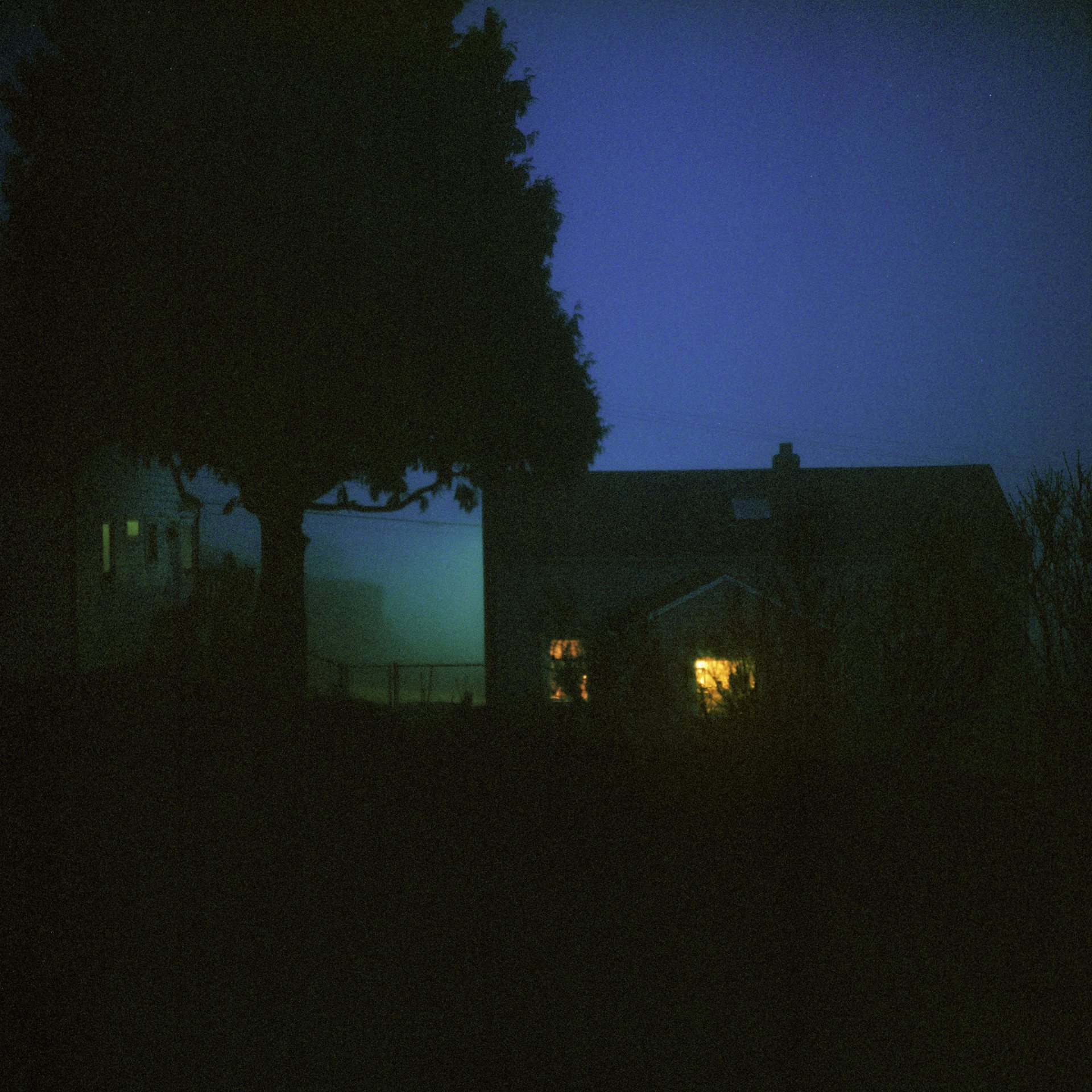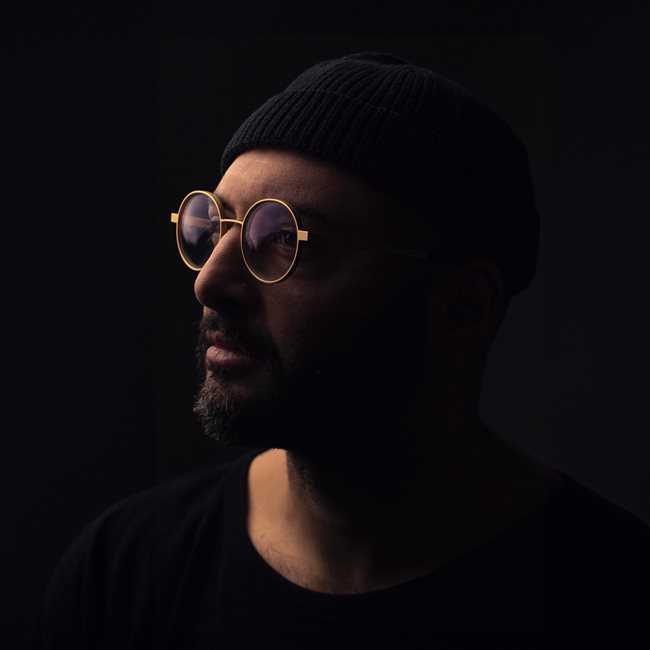View from the death bed. There are no permanent residents here. Washington, United States.
A very special house sits in a quiet residential neighborhood in Washington State, a place of reflection, grief, joy, and death. Here, people with terminal illnesses come to spend their final hours—surrounded by compassion, tenderness, and community—before drinking a medication that ends their lives.
First legalized in the United States in Oregon 26 years ago, medical aid in dying (MAID) allows eligible people with terminal illnesses to self-administer a life-ending medication. MAID is now legal in 10 U.S. states and Washington, D.C., with legislation under consideration in several others. To qualify, a terminally ill adult must have a prognosis of six months or less to live and, in most cases, be a resident of the state. The person must also have the mental capacity to make informed healthcare decisions and be able to take the medication without assistance. Two clinicians must confirm eligibility and ensure the patient’s judgment is not impaired. Most patients—typically over 70 and diagnosed with a terminal cancer—take the prescribed medication in liquid form.
End-of-life doulas, also known as death doulas, are nonmedical professionals who provide holistic support to those seeking MAID and their families. They offer emotional, physical, educational, and practical care, including information about the MAID process, help with planning and decision-making, and facilitating difficult conversations. Death doulas may also offer comfort care, legacy projects, and resources for after-death arrangements. They are part of a growing movement that practices death positivity by encouraging open conversations about death and dying.
This project explores how some choose to encounter their own death in this unique space: from issues of community and access, care-giving and medical aid, to the intimate process of dying and the tenderness of grieving. While death often happens behind closed doors and in clinical settings, these photographs are an invitation to look at an inevitable aspect of life from a new perspective.
Are you a photographer and/or passionate about press freedom? Sign up for our newsletter to stay updated on our annual contest and to hear about exhibitions near you.

